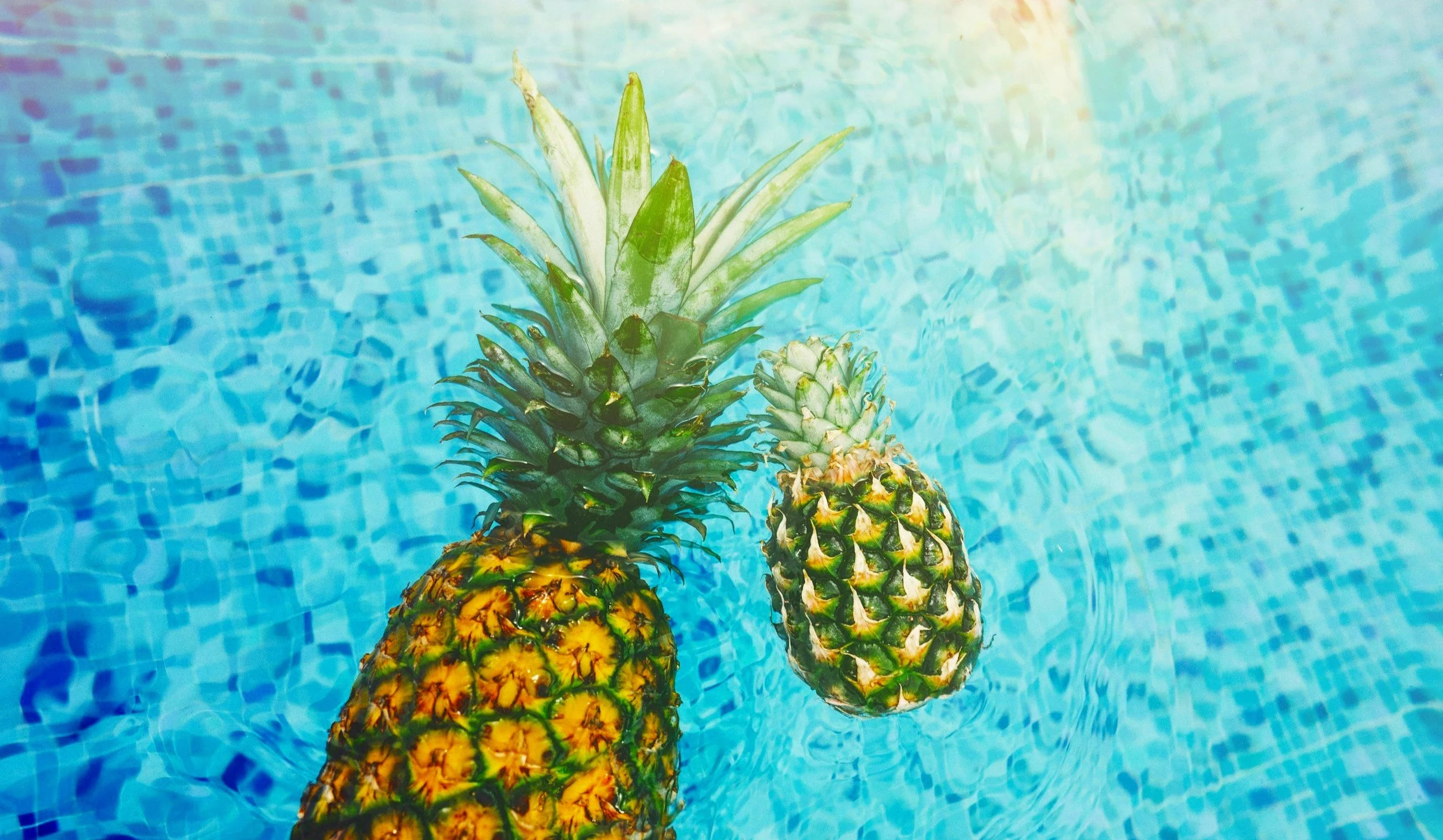World Vegan Day 2021
The 1st of November is World Vegan Day. We can celebrate the positive peaceful intention and impact of the vegan ethical lifestyle. We can recognise this when also acknowledging how people may not feel ready or able to make the switch. Hopefully the world could see how a vegan lifestyle and diet can be accessible for most.
This little piglet is adorable. Image: Unsplash.
Being a vegan is an ethical lifestyle choice, more than a diet.
Vegans try to prevent and avoid the suffering of other beings however possible. Those last words are important. Living in the world, we don’t have control over everything. But we try to do what we can. Vegans typically do not wear animal-derived materials such as leather, fur and feathers. Some vegans wear these materials if they were second hand because it prevents waste, the damage has already been done and they are not directly paying money to those industries. Other vegans would strictly never wear those things. Vegans might also avoid buying new animal-based products such as bone china and bees-wax. They avoid cosmetics that contain animal-based ingredients or have been tested on animals. Some vegans also try to rescue and nurture animals who need help.
Vegan diets can be healthy or not.
Dietary changes are part of the vegan lifestyle. There are junk food vegans who prefer chips, chocolate and sugary drinks. They may also eat more processed imitations. There are also health-conscious vegans who might eat mostly plant based whole foods but will enjoy some occasional vegan junk food treats. There are extra healthy plant based diets that could also fit the vegan ethics if that is the motive. A vegan could go beyond excluding animal products and also adopt a fully whole food plant based diet for health reasons at the same time. This diet would exclude refined oils, flour and sugar. At the core, though, vegan choices are made to avoid the suffering of animals.
What would happen to these little cuties in the industries of mass production? Image: Unsplash.
A vegan lifestyle is easier than expected.
If you’re wondering what vegans eat and wear, there are some pretty simple answers. It can be healthier and more affordable than standard western lifestyles.
Vegan groceries can be affordable and simple.
Vegan-friendly diets can be affordable, especially when emphasising whole plant based foods. Yes, the processed treats are fun. But the more affordable options will be whole or minimally processed basics such as rice, beans, oats, dates, peanut butter, frozen fruit and veg, in-season fresh produce and other essentials. Here are a few quick hints to find cheap vegan food. Look for clearance discounts and promotional specials for the foods you genuinely want to eat. Freeze the perishable foods that can be frozen - such as bread, broccoli, spinach, soup and more. Compare products based on unit price. Shop locally and seasonally if that’s cheaper. Use a co-op or produce box service. Find bargains at the fruit and veg shop. Visit an Asian market to see if they have bulk rice and good prices for groceries. You don’t have to look far to buy vegan groceries on a budget though. Have a quick search on Youtube or Pinterest and you could find examples of vegan families who save money at the regular supermarkets. There are plenty of diverse ways to eat as a vegan - as specialty products and affordable essentials can be found in many shops. Try using the Fussy Vegan app to check if a packaged product is accidentally or deliberately vegan-friendly.
Beans can be very nutritious and inexpensive. Image: Unsplash.
Some vegan product switches are very accessible.
Let’s be real. Some choices are more complicated. It also depends on other priorities. I struggled to find an affordable comfortable sustainable vegan children’s sandal. If I find a good pair, I’ll write about that discovery. But many other swaps are easy. Choose a soy wax candle instead of a bees’ wax one. Some bathroom products are clearly labelled as being suitable for vegans, like soaps and shampoo. Many normal clothes are accidentally vegan, like a cotton tee shirt. Good On You is a useful app and web site that shows whether brands fulfil ethical priorities such as animal welfare.
Vegans don’t always agree with each other about everything.
This is just human nature, isn’t it? People disagree and debate. It happens. Some vegans avoid palm oil. Others don’t even want to talk about it. Some vegans ride horses and others want to never sit on a horse ever again. Some vegans only eat at fully vegan cafes and restaurants. Many vegans will eat at any place that has vegan options. Although some grey areas and hot topics are debated, vegans should all share the common goal of preventing cruelty and promoting animal welfare.
You can either instantly switch to a vegan lifestyle or gradually transition.
Although the vegan ethical lifestyle can be quite achievable, it could be lots of changes. Some people go fully 100% instantly. Some even think that’s the only right way. But there are also opportunities to transition along a learning curve to become a vegan. The more you can avoid animal products, the more you can make a positive impact. Just think about how much you will help the animals, the environment and your health.
There are groups that can support your vegan journey.
Whether you’re still thinking about it or trying to stay on the wagon, there are people and resources to help. Vegan Australia and the Veganuary web sites are some favourites. Hopefully you could also meet other vegans online or in-person. Form a community around the shared purpose and then you could feel encouraged. This ethical lifestyle can save lives. That’s pretty good.
How cute is this lamb? Image: Unsplash.











